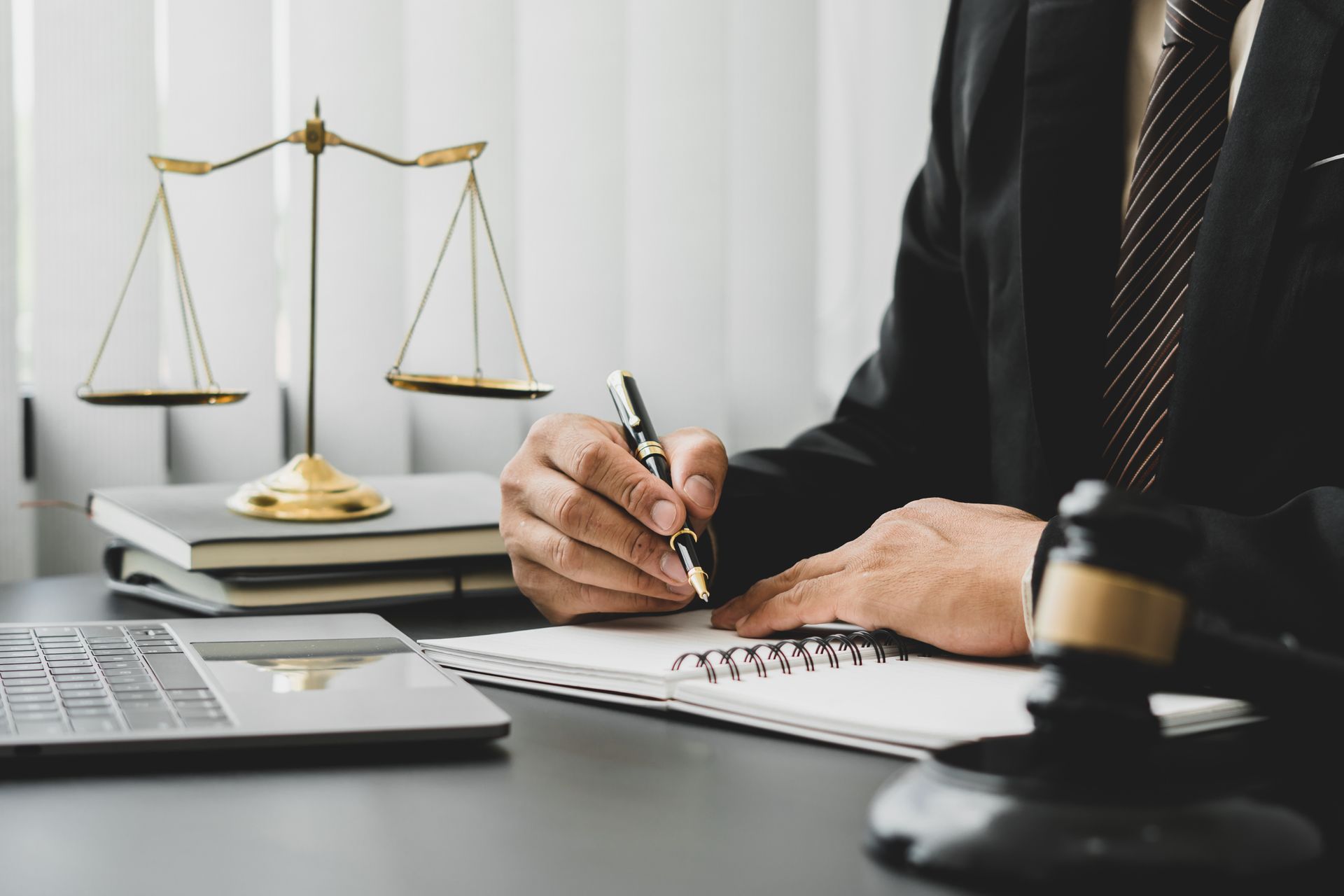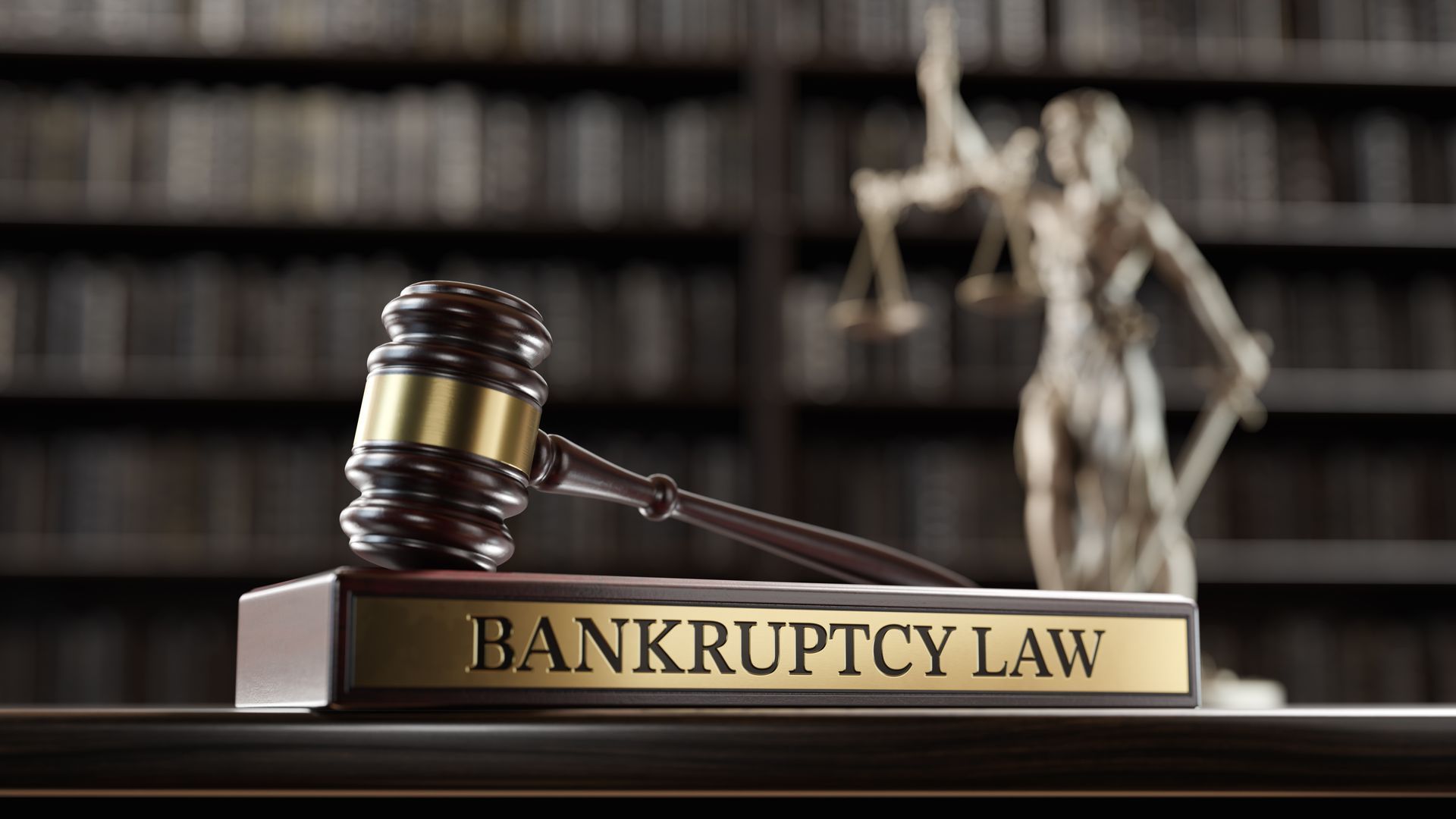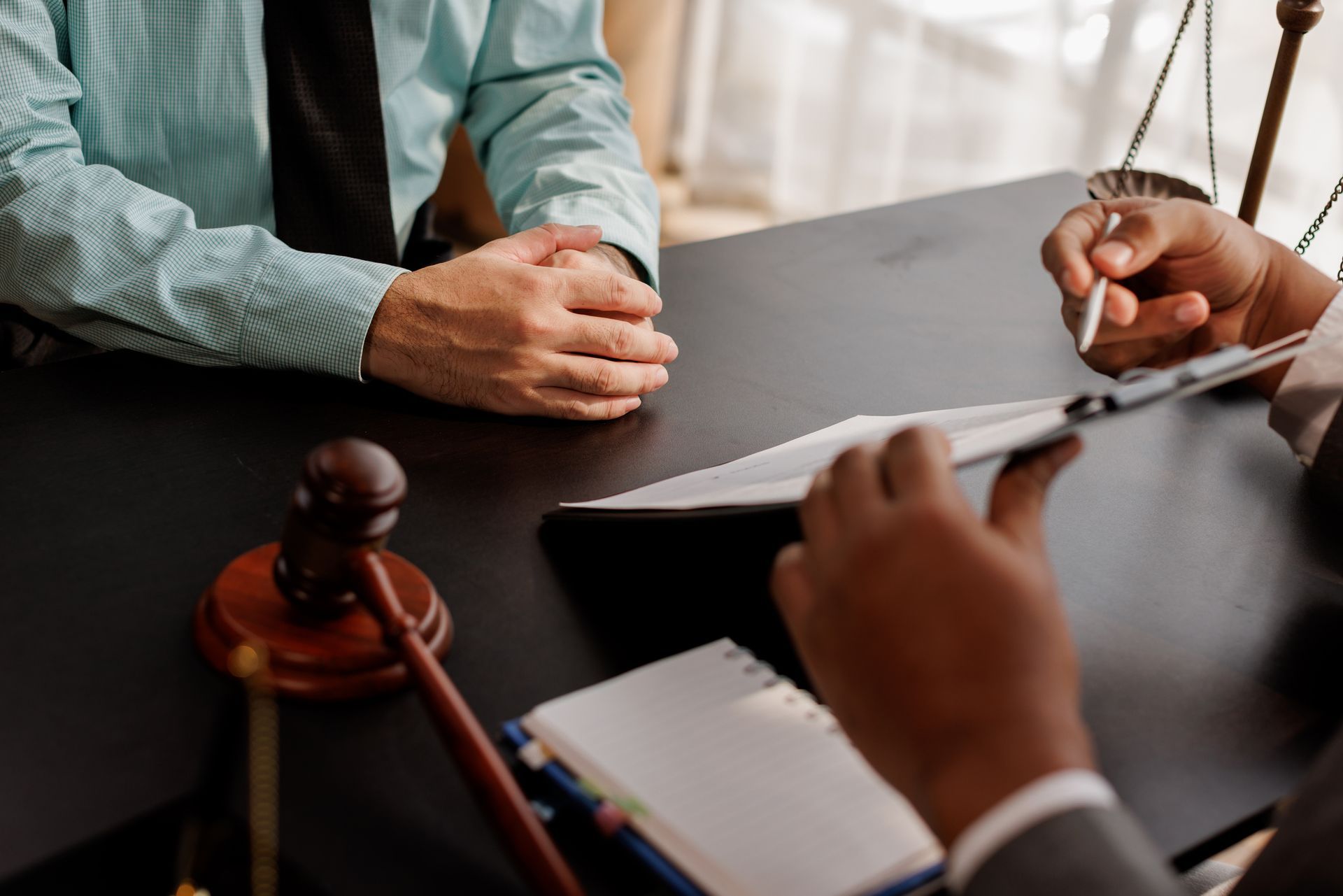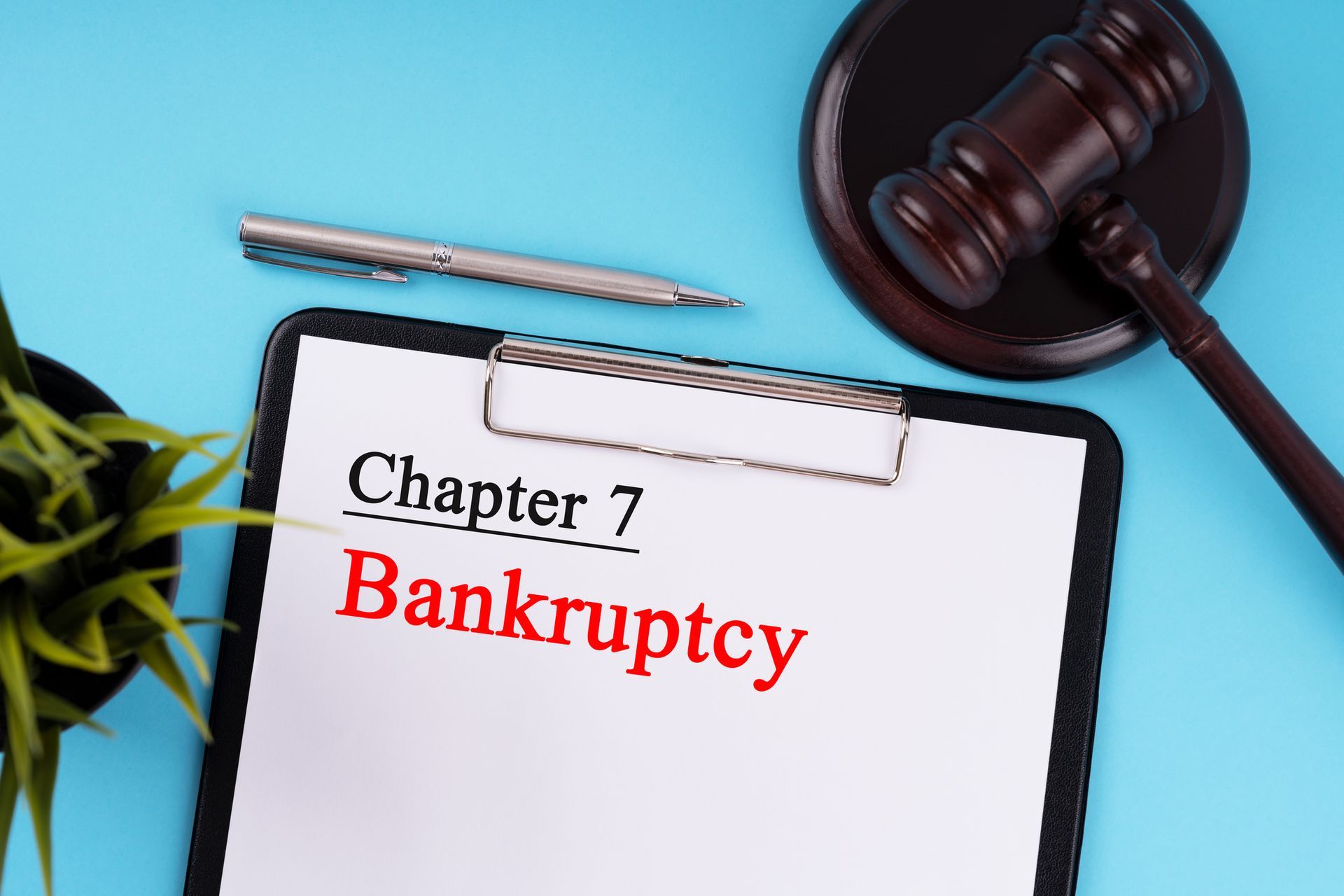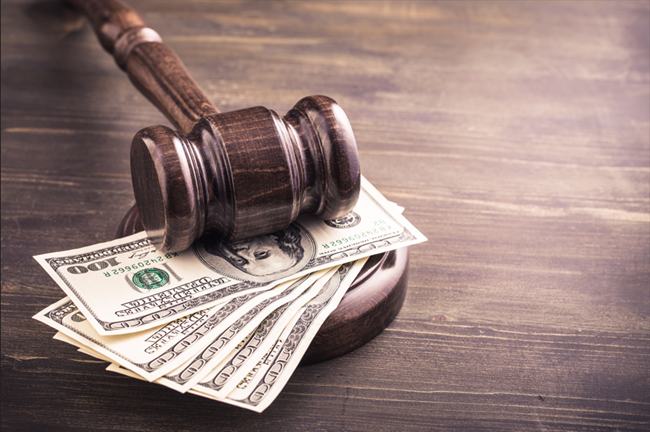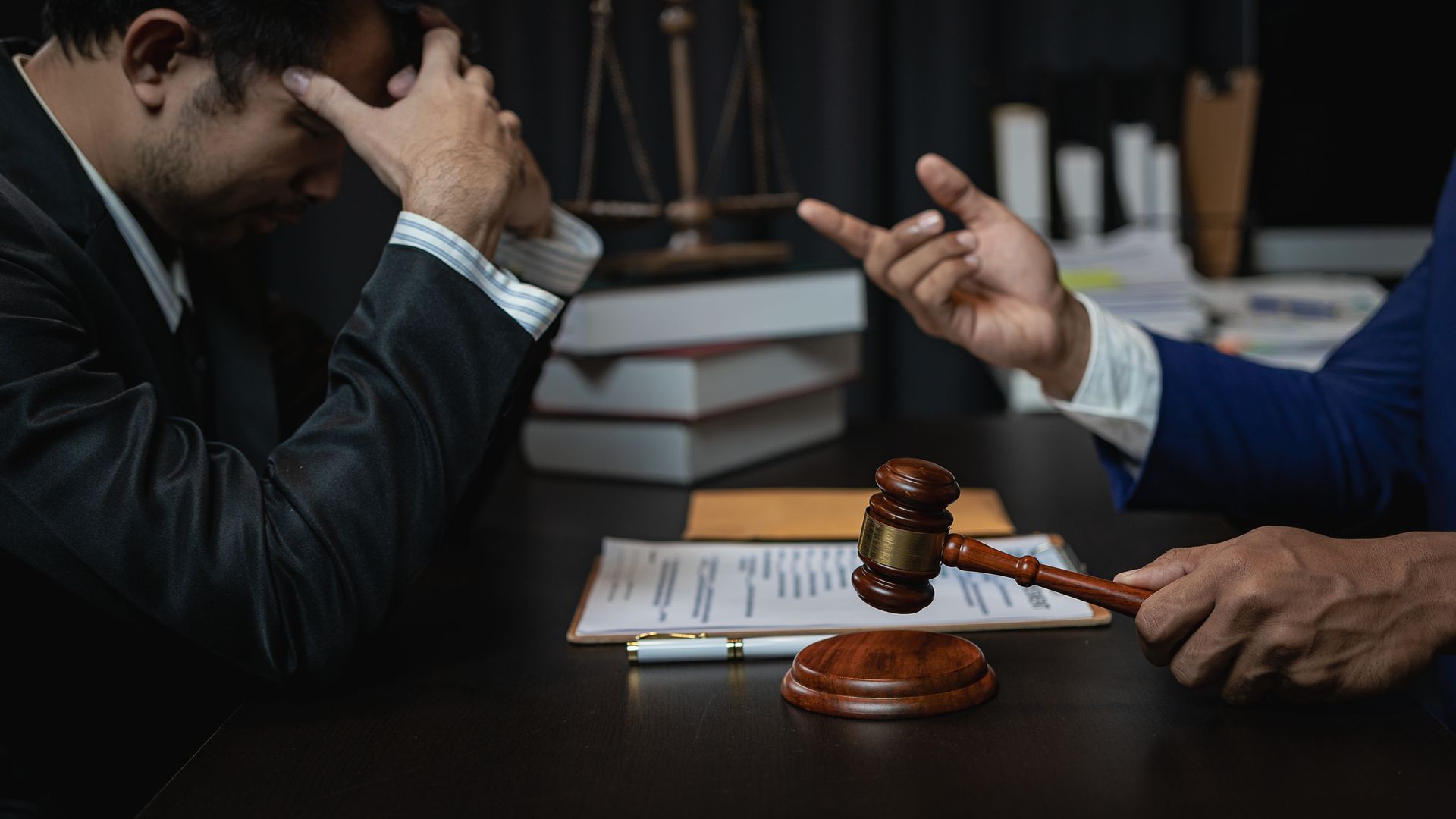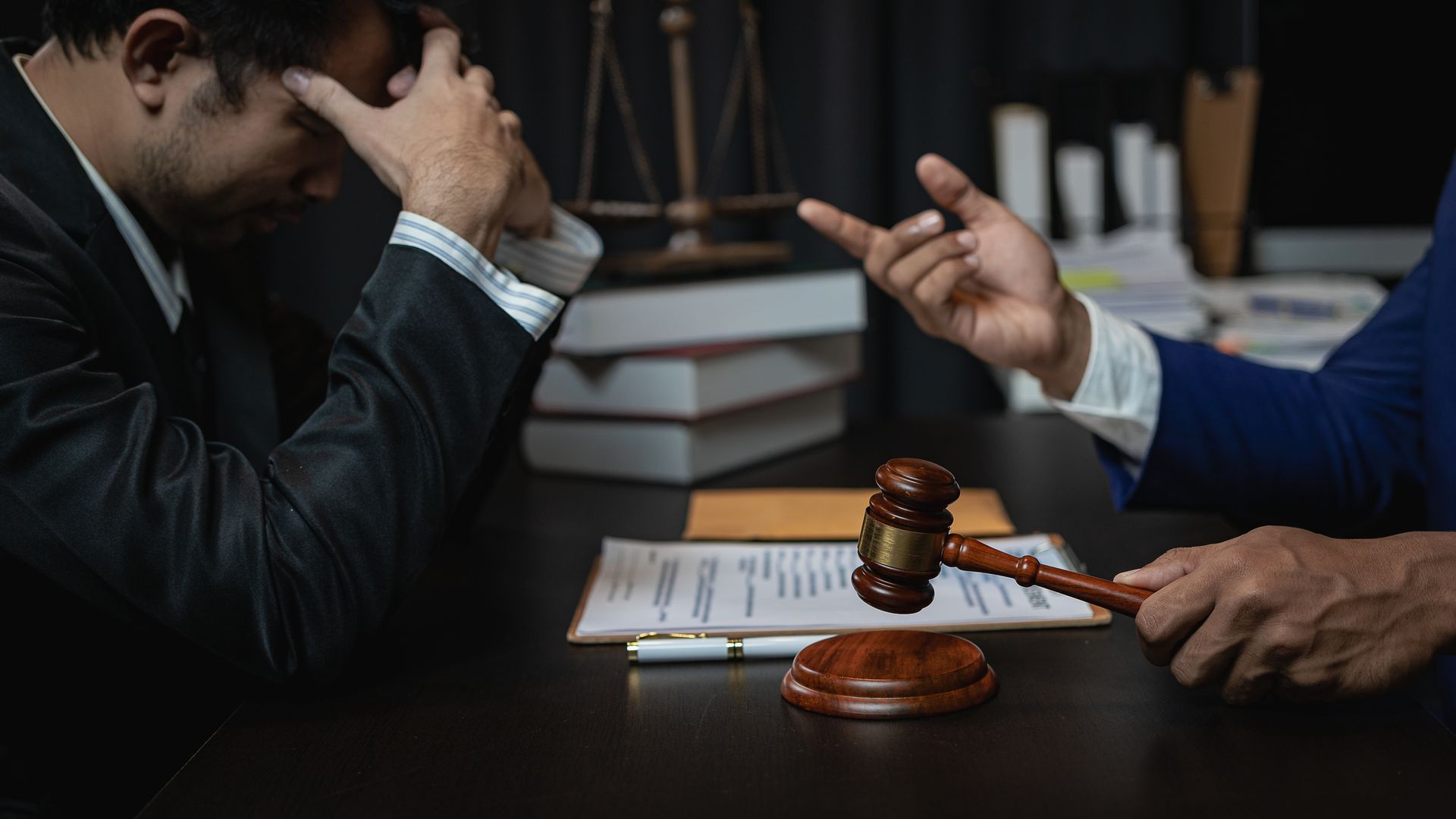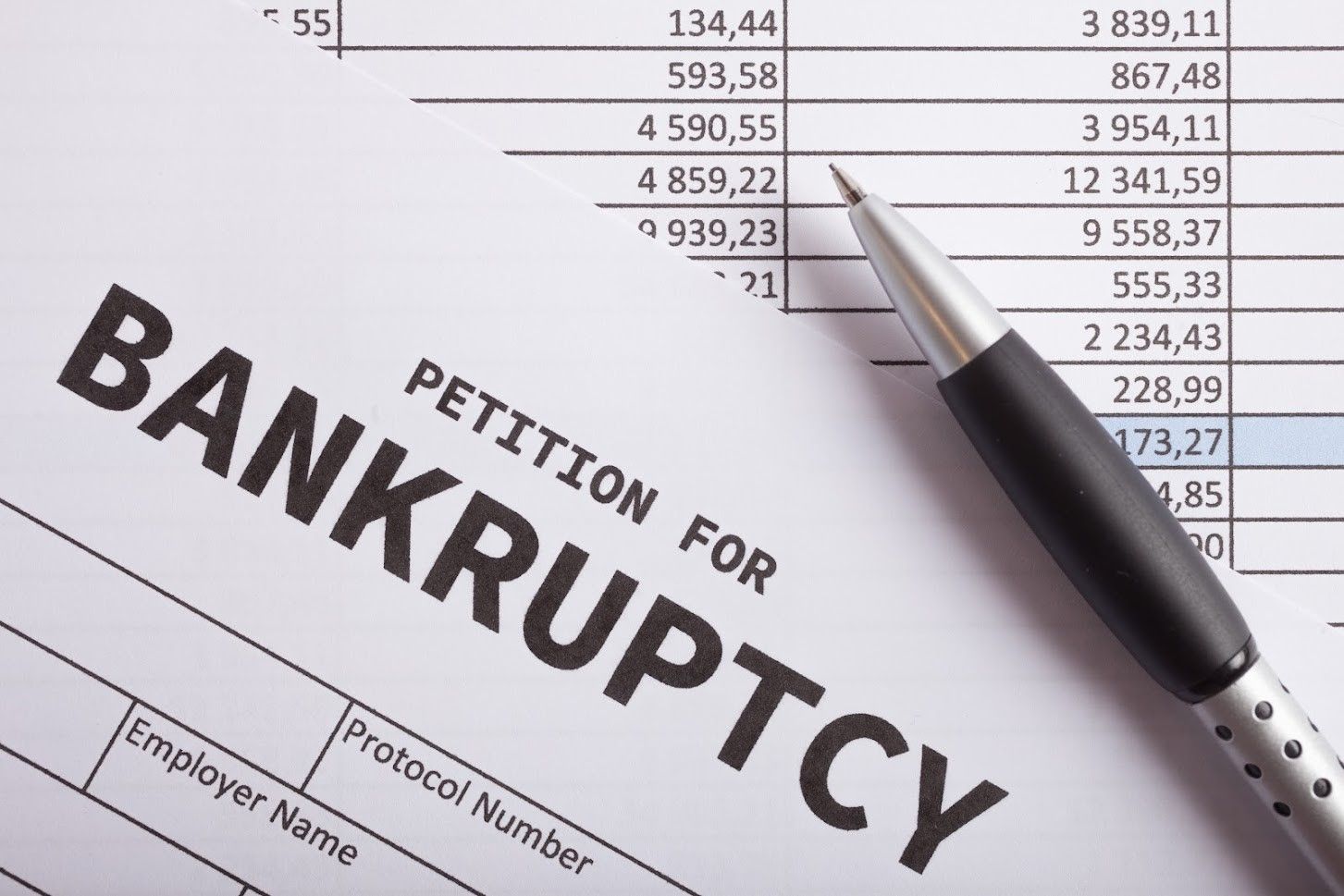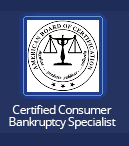Understanding If You Can File for Bankruptcy a Second Time
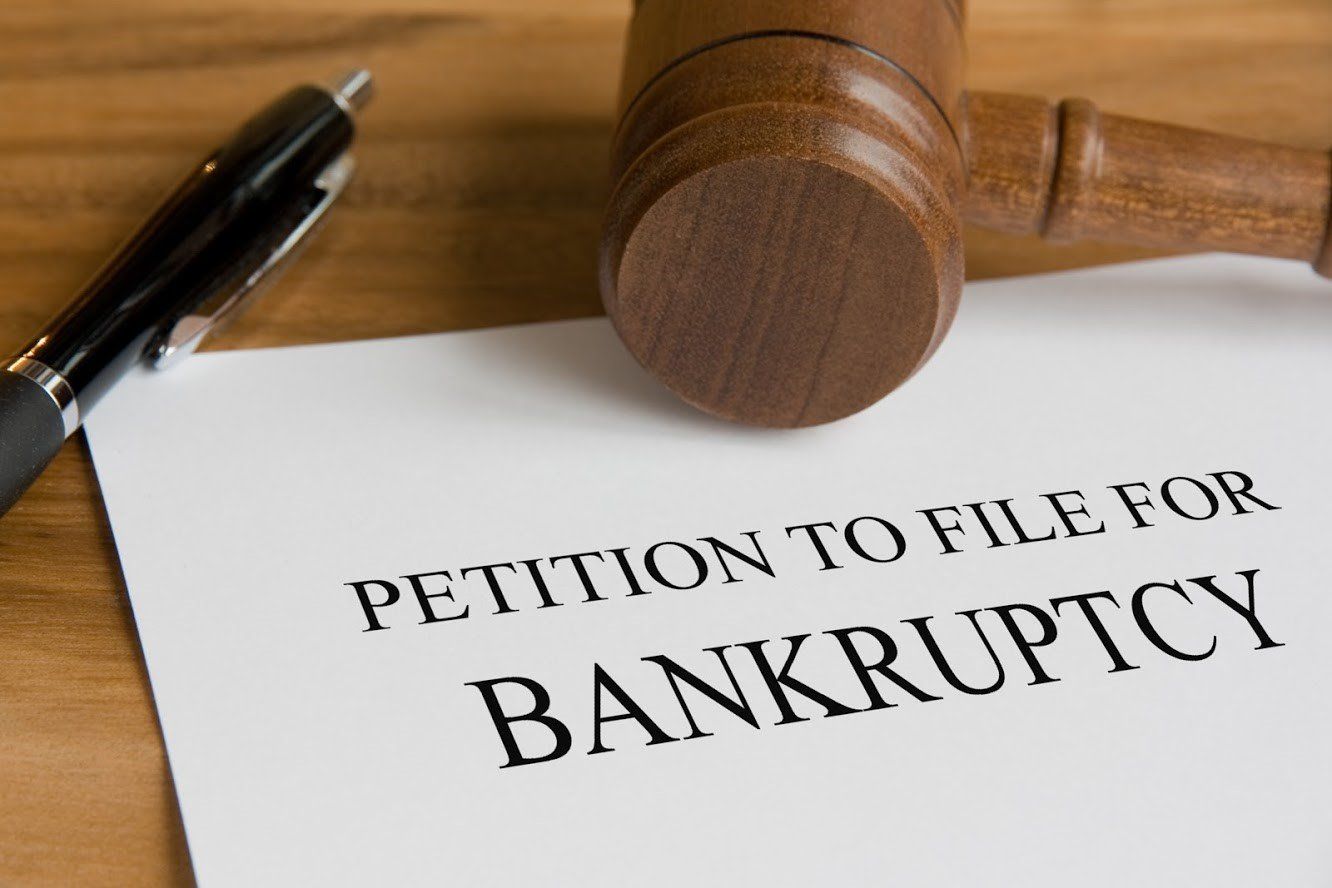
Filing for bankruptcy is supposed to represent a fresh start for your finances. Unfortunately, mitigating circumstances, such as injury or illness, sometimes prevent people from being able to take full advantage of that fresh start. If creditors are calling them again, they may wonder if they can file for bankruptcy again.
Filing for bankruptcy even once is a nuanced affair. It becomes more complicated the second time. Several factors go into the second filing, most significantly what kind of bankruptcies are involved.
Prior Chapter 7 Bankruptcy
Chapter 7 bankruptcy sees a debtor's property liquidated and sold off to pay off debts, which are then discharged. If you filed for Chapter 7 bankruptcy and had your debt discharged, you must wait eight years from the time you filed the first time before you can file for Chapter 7 again.
Chapter 13 bankruptcy follows a reorganization plan to pay back the debt over three to five years. You can file a chapter 13 bankruptcy with its repayment plan four years after filing a chapter 7.
Prior Chapter 13 Bankruptcy
To file again for a Chapter 13 bankruptcy, two years needs to have passed from the first time you filed. If you take that action, you'll still be in your original repayment plan. In that event, you may be eligible for a second discharge right after you complete your first repayment plan.
You may want to file for a Chapter 7 bankruptcy after a prior Chapter 13. In that case, you must wait six years from the time you filed for Chapter 13. That said, if you paid off 100 percent of your debt with the repayment plan, the courts may waive the waiting period. They may even do so if you paid off 70 percent of your debt.
In both cases, your original repayment plan must have been in good faith. In other words, you should have proposed a feasible plan that you made a good faith effort to fulfill.
Refiling After a Case Dismissal
Filing for bankruptcy doesn't always result in a discharge of the debt. In some cases, the courts will dismiss the case, which puts you back to being indebted. That situation will affect when and how you can refile for bankruptcy.
The courts can dismiss your case without prejudice if you make mistakes while you're filing for bankruptcy. These mistakes include actions such as a failure to file the correct forms or meet certain deadlines. The courts will rule that you didn't intend to abuse the bankruptcy system, and you'll be allowed to refile right away.
If the courts determine you did try to abuse the bankruptcy system, they'll dismiss your case with prejudice. They'll follow this course for actions such as committing bankruptcy fraud, which involves running up debt with the intention of filing for bankruptcy. They'll also dismiss with prejudice for anyone who files multiple cases to receive the automatic stay.
In those cases, the courts will impose a mandatory period before you can file again. What's more, they may declare that you're not eligible for an automatic stay.
Filing Chapter 13 Without Hope of a Discharge
The goal of filing for bankruptcy is typically to get that discharge of the debt. However, you may find yourself in one of the above-mentioned time periods when you're not eligible for a discharge. You may still find it useful to file for Chapter 13.
For one, as long as you haven't been found to be abusing the bankruptcy system, you should be eligible for an automatic stay, which provides relief from relentless contact from creditors. More significantly, the structure of the repayment plan can help you get your finances back on track because the payments will be more within your means.
If you have any questions about filing for bankruptcy, call the law offices of Charles J Schneider PC.

